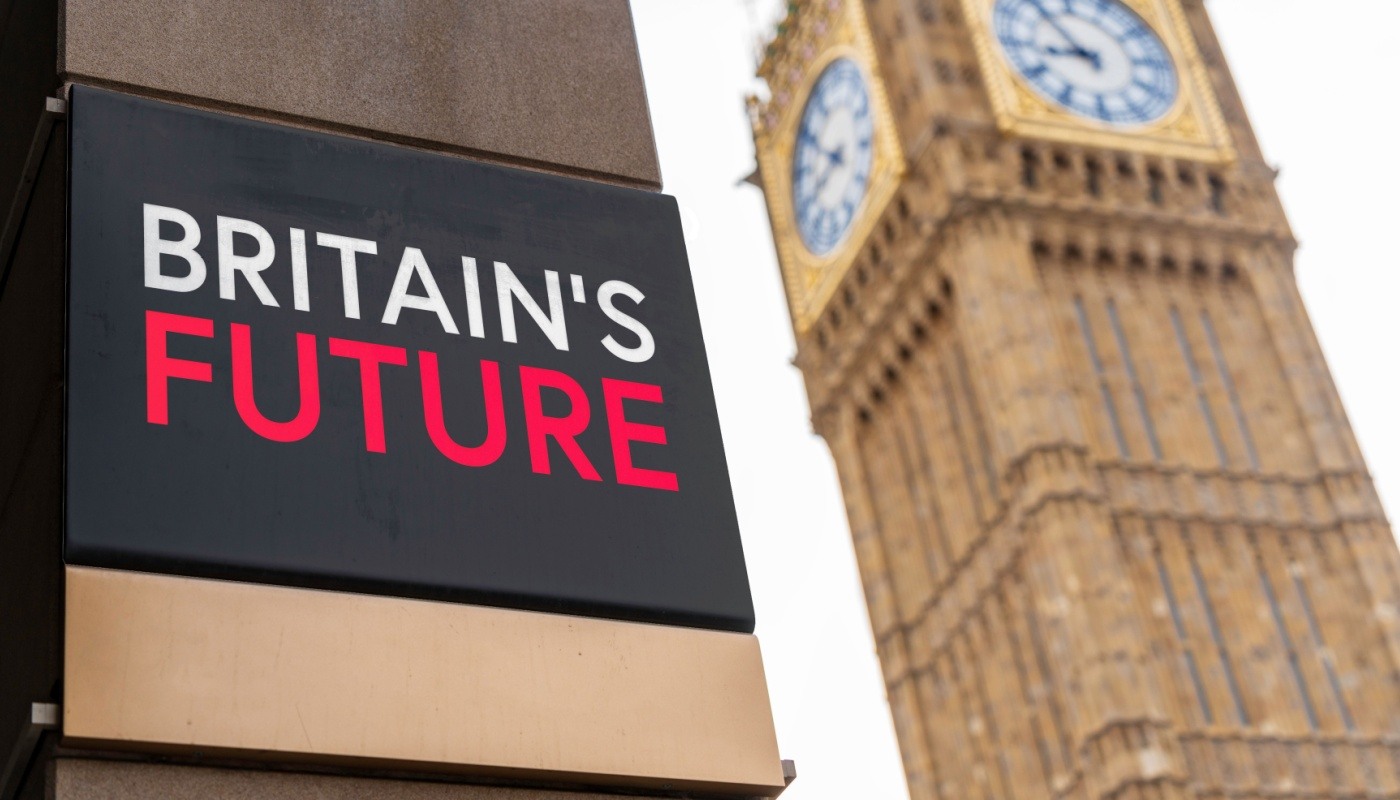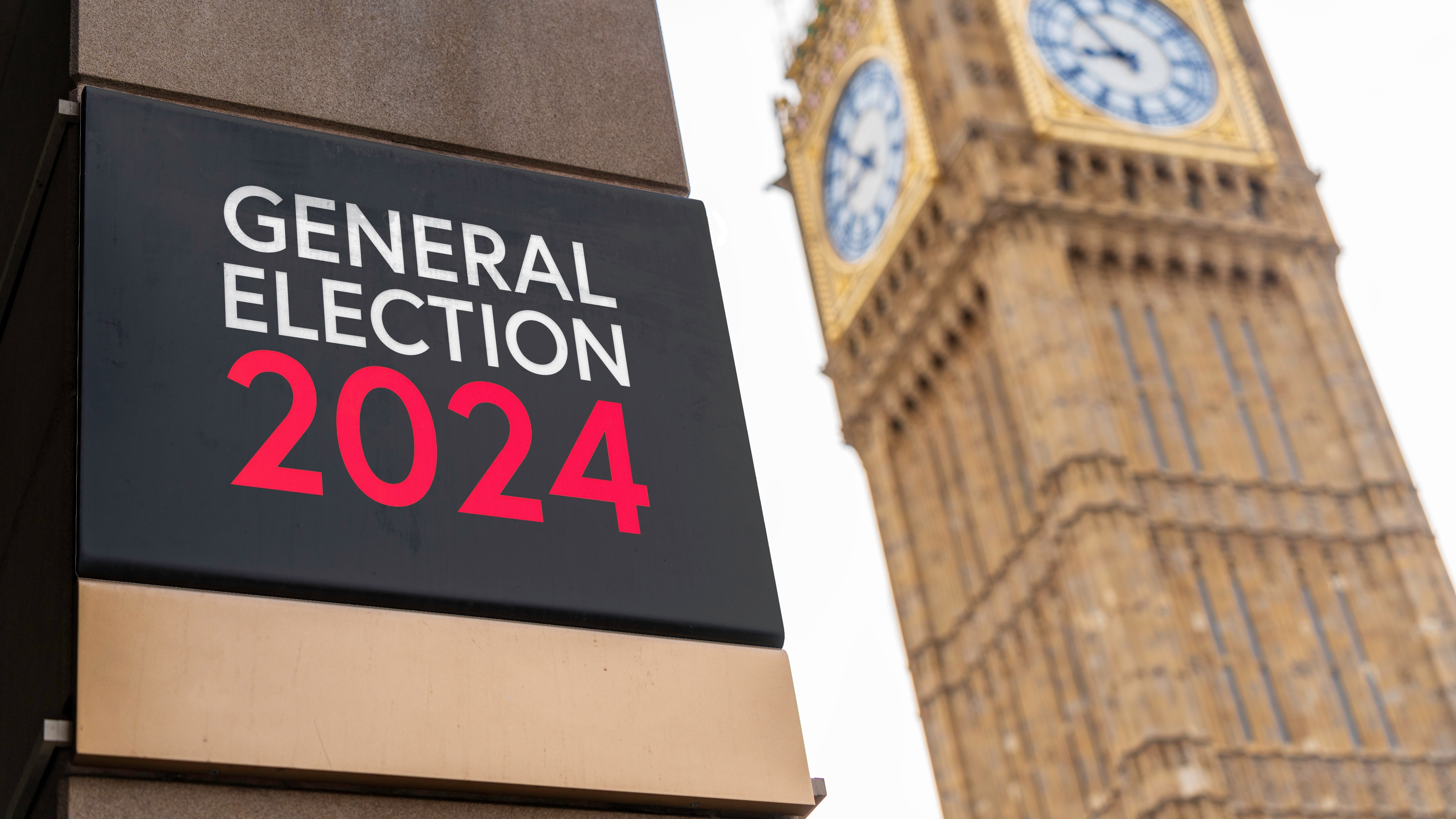Market makers – Grub Club and the growth of meal-sharing
by Inline Policy on 28 Oct 2015
Like many growing sectors in the sharing and on-demand economy, meal-sharing platforms are changing how individuals interact and consume. Innovative businesses are providing alternative catering services, often with a community or social focus, that disrupt the traditional choice between restaurants, takeaways and home-cooking.
For Liv Sibony, co-founder of London-based Grub Club, the growth of peer-to-peer platforms acted as a catalyst for a new, collaborative dining experience. Inspired by a memorable meal that Sibony’s business partner, Siddarth Vijayakumar, enjoyed in a tiny restaurant in a family home in Zanzibar, Grub Club sought to develop the ‘underground’ supper-club scene in London. However, these food and social events in private spaces were, at this point, a “beautiful but disparate movement”. By serving as an “administrative platform” to handle payments and connect talented chefs to customers and a range of unique venues, and by “amplifying the marketing efforts” of chefs and their events, Grub Club were market makers.
A wide variety of business and funding models now exist in the sector. Some have secured seed funding, some operate on the basis of peer-to-peer exchange, and some, like Grub Club, charge a small commission for the bookings they arrange. There are platforms that connect personal chefs with customers looking to host a dinner party in their own home, and others which allow people to sell portions of their home-cooked meals to neighbours seeking healthy takeaway food. For Grub Club, a key selling point is the social aspect of communal dining, which is at the heart of its ethos.
Grub Club’s launch in early 2013 was a “leap of faith”, as there were no established business models to follow. Subsequently, Israeli-based meal-sharing platform EatWith has received an $8 million injection of funding from Silicon Valley, and now connects customers to hosts in over 150 cities worldwide. This is now the typical business model, allowing tourists to find local hosts who offer a social and cuisine-based experience. No single platform dominates the global market, however, and VizEat’s 2015 acquisition of fellow French startup Cookening signals an ambition to strengthen its position as a European leader. The popular food cultures of major European tourist destinations, particularly cities in Spain, France, Germany and Italy, have helped to create rapidly growing markets, and destinations such as Dubai hold potential for profitable future expansion.
The benefits offered by the meal-sharing sector are numerous. Tourists looking for authentic hospitality can eat with locals in their homes, while residents can find new experiences in their own city. Time-pressed people wanting a healthy, home-cooked alternative to takeaways can buy directly from their neighbours; Amsterdam-based ShareYourMeal promotes this as a means of reducing food waste. At present, 30% of Grub Club’s chefs are keen amateurs who enjoy cooking for and hosting guests; many simply look to cover their costs. Entrepreneurial chefs seeking to gain experience and publicity also stand to gain, showcasing their skill in ‘pop-up’ venues and benefitting from the creative liberation of designing their own menu for a small group of diners.
However, businesses in the sector are likely to face regulatory challenges in the medium to long-term as they scale up their operations, particularly in relation to health and safety, city zoning, and licensing laws. An independent report into the sharing economy, commissioned by the UK Government and published in November 2014, noted that sharing models now exist at all stages of food production and distribution, with benefits for sustainable living and improved connections between individuals and communities. However, report author Debbie Wosskow also warned that inconsistent health and safety regulations represented a potential barrier to growth.
Many of Grub Club’s venues are cafés and other licensed food spaces, allowing chefs to host without using their own homes. In the sector more generally, however, debates have emerged about whether dinners hosted in private homes, but sold to members of the public, are ‘private’ events. If not, a permit to operate a food service establishment is often required by municipal authorities. According to New York City’s Health Department, this requirement applies to “anyone who offers meals to the public for compensation, including credits that can be exchanged for cash”. The question of insurance cover has also been invoked; it is often unclear who would be liable should a problem, such as injury or food-poisoning, arise at a platform-facilitated public event held on private property.
Didier Chenet, president of the restaurateurs’ union Synhorcat, met French Trade Minister Martine Pinville in August 2015 to urge a clamp-down on what he called “illegal restaurants” which are not subject to any kind of inspection or certification by local authorities. 3,000 French households have already signed up as hosts on meal-sharing platforms, and Chenet believes that the growth of peer-to-peer short-term letting sites could provide a vision of the meal-sharing sector’s future expansion.
The more that existing businesses feel threatened by the disruptive innovation of meal-sharing, the more pressure is likely to be placed on local, regional and national governments for increased regulatory scrutiny. The UK Government’s recent establishment of an ‘Emerging Industry Action Group’ for the sharing economy allows businesses to contribute to discussions about future regulatory challenges and market development. It is already clear that the meal-sharing sector can make a significant contribution to the sharing economy, and that platforms such as Grub Club provide access to an intriguing new kind of sociable dining experience.
Topics: UK business, Sharing economy, Economic policy, Big Tech







Comments